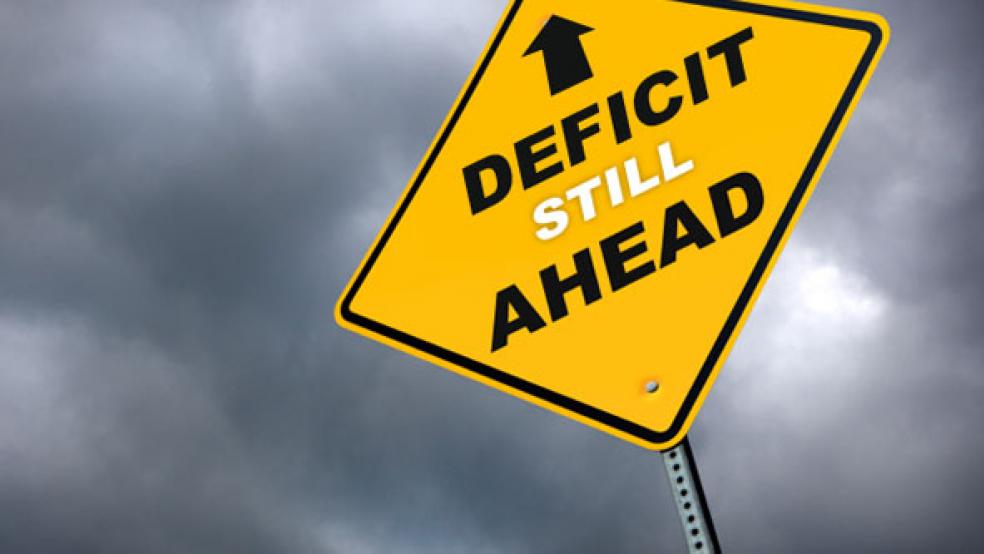“The deficits hawks are dead,” declared Paul Kane, The Washington Post’s senior congressional correspondent and columnist, in a piece over the weekend.
It’s easy to see why Kane says that, and there’s plenty of reason to beat up on our politicians for their poor policy choices, hypocrisy and lack of leadership. But while Kane has a point, he’s probably wrong in declaring deficit hawks dead.
Here’s his case in a nutshell: The death knell, he argues, was the ringing silence that greeted last week’s Congressional Budget Office report that estimated the federal deficit over the first 11 months of fiscal 2018 totaled $895 billion, up 33 percent from the previous year — “a stunning gap that was met with a collective shrug on Capitol Hill.”
But if the shrug was a clear signal of just how little weight deficit concerns carry in this Congress, Kane notes that “the real death of the deficit hawks” happened late last year when Republicans like House Speaker Paul Ryan, who had decried deficits under President Obama, accepted a massive increase in borrowing in order to get the tax cuts they wanted.
Democrats criticized the tax cuts and the added borrowing, but they haven’t made the rising deficit much of an issue since then, instead pushing for spending increases and choosing to focus their election messaging on issues like health care that polls show resonate more with voters. “Given possible high ground on the issue, Democrats have largely fielded a crop of candidates across the nation who have ignored, played down or outright rejected the significance of the still-growing deficits,” Kane notes. Rep. Joe Courtney (D-CT) explains why: “That economic fragility that people felt in the wake of the Great Recession has kind of overtaken the fiscal-hawk sort of priorities,” he tells Kane. Plus, some Democrats argue that Republicans pulled back the curtain on their deficit hypocrisy in pursuit of their agenda so why not do the same?
The problem with Kane’s argument is that death, with some notable exceptions, is permanent and it’s too soon to say that congressional deficit hawks are gone for good. They might just be playing possum for political purposes.
What would it take to bring back the deficit hawks?
The return of trillion-dollar deficits as soon as next year might do it, providing a big round number that could rattle the entire political system. An exogenous shock could do it, too, suddenly forcing the markets’ attention to the issue.
Or it could be the elections that bring the hawks back from the brink of extinction.
Maya MacGuineas, president of the Committee for a Responsible Federal Budget, a non-partisan nonprofit that warns about the dangers of rising U.S. debt, suggests that’s what it would take: “Getting there would likely require a presidential election in which this issue is front and center, with candidates actually running on a platform to fix the problem. And you need to see change in how our two parties function. If we’re going to address this issue, we have to find a way for our politicians to work together to make hard choices,” she said in a recent interview published as part of a Goldman Sachs research report.
If that all sounds laughable — or simply out of touch with our political moment — Bruce Bartlett, a veteran economic policy expert, brings up another possibility popular with analysts on the left: Republicans will be blasting deficits again as they look to slash government spending and push back on Democrats’ agenda: “Deficits hawks will reemerge more powerful than ever the second Democrats regain control of Congress,” he tweeted in response to Kane’s piece. “GOP will assert that deficit reduction is the Number 1 issue and the mainstream media will agree.” (See Larry Kudlow’s comments below.)
Either way, we’ll find out soon whether the deficit hawks are ready to swoop back to life.





